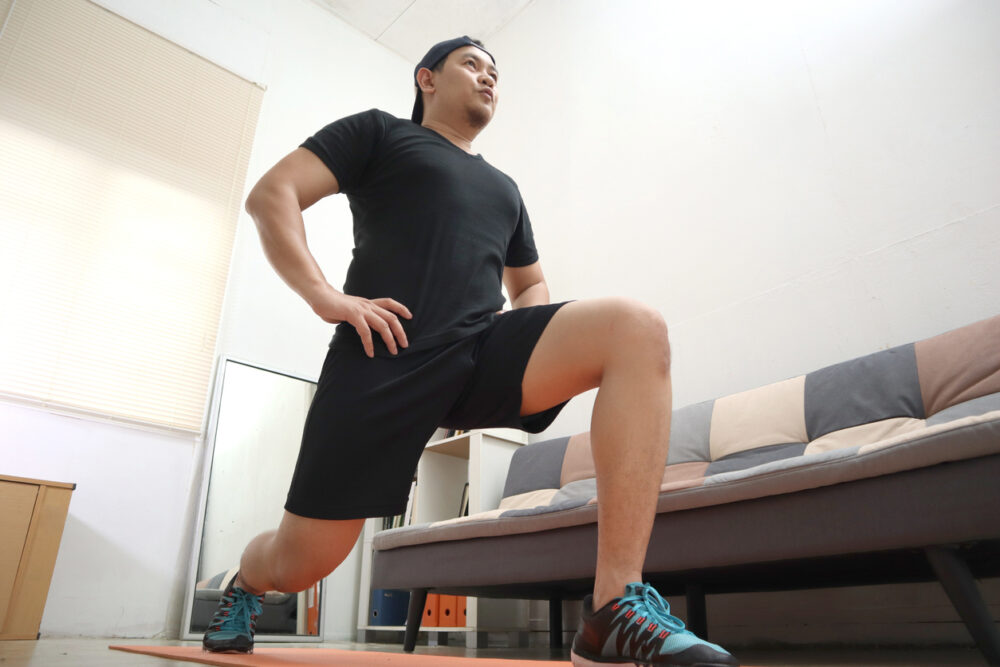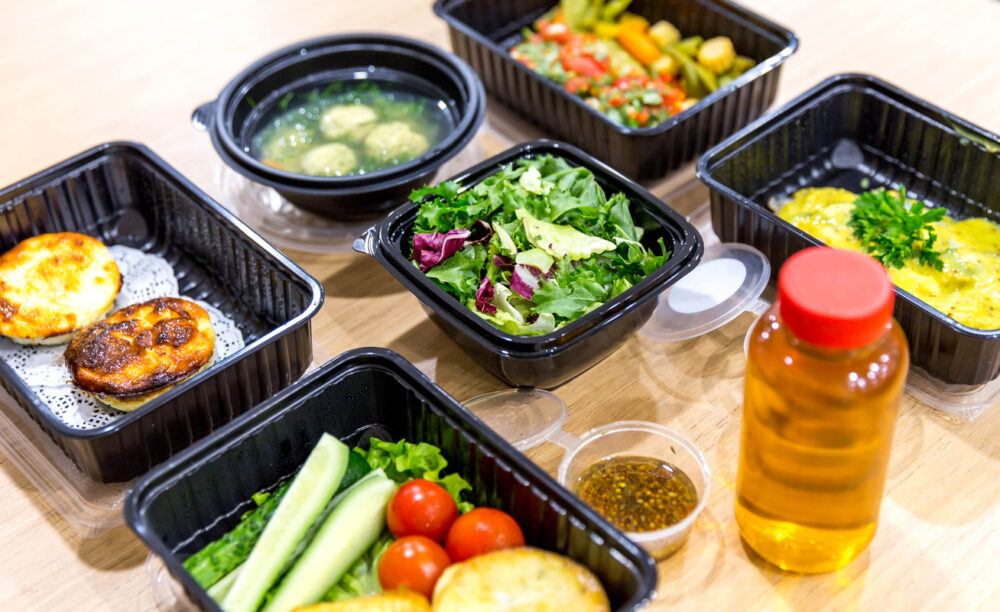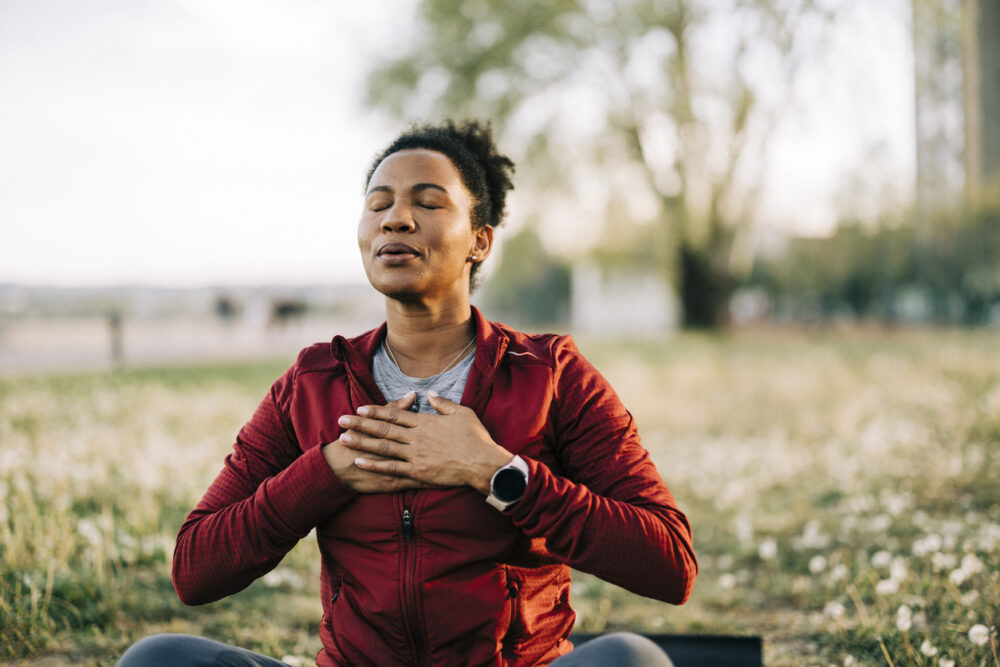Gen Z treats self-optimization like a startup launch—with data to back the hustle.

The body isn’t just a shell to Gen Z—it’s a constantly evolving project with feedback loops, performance metrics, and a deep desire to feel something real in a world that’s increasingly artificial. This generation doesn’t wait for a health crisis to rethink routines; they’re biohacking, tracking, and redefining what it means to function at full capacity—mentally and physically.
These aren’t just wellness trends—they’re foundational shifts powered by science, tech, and a refusal to accept burnout as a personality trait.
1. Sleep isn’t negotiable—it’s engineered.

Gen Z doesn’t glorify all-nighters. They’re tracking sleep cycles, monitoring HRV (heart rate variability), and using blue light blockers like they’re training for REM Olympics. It’s not laziness—it’s efficiency. Sleep is seen as the bedrock of mood regulation, memory retention, and even metabolic health. Aura rings, sleep podcasts, and blackout curtains aren’t overkill—they’re the gear of people who see eight hours as sacred. Rest isn’t a reward; it’s a non-negotiable. And when your world is saturated in overstimulation and anxiety, deep rest becomes an act of rebellion that actually boosts cognitive performance and reduces long-term disease risk.
2. Food is fuel, not identity.

There’s less moral drama around food now. Gen Z isn’t buying into rigid labels like “clean” or “guilty pleasure.” They’re asking, “How does this make me feel two hours later?” Gut health, blood sugar stability, and inflammatory response are more important than hitting an aesthetic goal. It’s practical, not performative. They’ll eat fermented stuff to fix their microbiome and skip sugar if it means less brain fog. Meal plans are less about control and more about optimization. Think: avocado toast with omega-3s, not diet sodas and calorie counting. It’s an intuitive science experiment, not a punishment loop.
3. Strength training is the new mental health hack.

Forget skinny. Gen Z lifts. Strength training isn’t about getting jacked—it’s about regulating stress hormones, increasing insulin sensitivity, and building physical resilience. For a generation drowning in digital overwhelm, loading a barbell or swinging a kettlebell is a tangible way to reclaim control. It’s grounded, repeatable, and deeply satisfying. There’s data behind every PR (personal record), and that matters when so much else feels abstract. They’re not here for six-pack selfies—they’re here for the serotonin boost. And when your muscles are stronger, your nervous system becomes more stable. It’s therapy in motion, no couch required.
4. Nervous system regulation comes before motivation.

Gen Z doesn’t wait to feel ready—they learn how to downregulate. Cold plunges, vagus nerve stimulation, and breathwork aren’t fads—they’re tools to calm anxiety and rewire the body’s stress response. Instead of forcing productivity through guilt, they’re asking how to create internal safety. Motivation isn’t about hustle anymore—it’s about regulation. You can’t dream big if your nervous system thinks you’re in danger. So they’re rewiring survival mode before setting goals. It’s biology-aware ambition, and it’s way more sustainable than white-knuckling through cortisol. Emotional capacity is just as trackable as physical strength—and they’re optimizing both.
5. Digital detox is now peak performance strategy.

For a generation raised on screens, unplugging isn’t just nostalgic—it’s radical. Gen Z knows doomscrolling wrecks focus, nukes dopamine reserves, and hijacks your circadian rhythm. So they’re scheduling screen-free weekends, using grayscale phone modes, and swapping TikTok breaks for nature walks. It’s not aesthetic minimalism—it’s cognitive hygiene. Their brains aren’t built for constant input, and they know it. Boundaries with tech are no longer anti-progress—they’re essential for clarity, presence, and long-term performance. The dopamine fast isn’t a gimmick; it’s a reset button. If clarity is the goal, silence and sunlight are now part of the daily plan.
